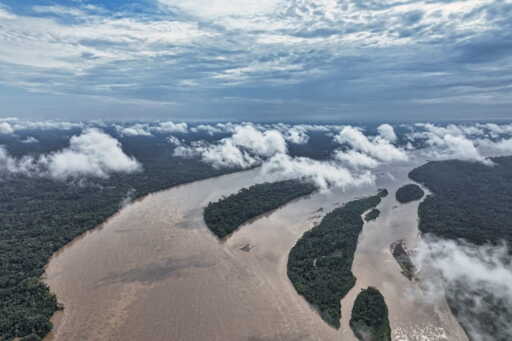BOGOTÁ, Colombia and SÃO PAULO, Brazil — On Oct. 7 in Brazil’s National Congress in Brasília, lawmakers, Indigenous leaders and civil society representatives gathered to present a global parliamentary investigation into the effort to phase out fossil fuels in the Amazon. The investigation, led by Parliamentarians for a Fossil-Free Future, a network of more than 900 lawmakers from 96 countries, resulted in a report, which documents the impacts of fossil fuel activities in the Amazon, including deforestation, pollution and social conflicts, and proposes how to move toward a fossil-free Amazon. Prior to presenting the report, parliamentarians from Brazil, Colombia, Peru and Ecuador put forward bills in their national legislatures to stop fossil fuel expansion in the Amazon regions of their countries. A parliamentarian in Bolivia presented a bill along the same lines on Oct. 7, following the release of the report. It is the first time parliamentarians have united in a call for a no-expansion zone for fossil fuels in the Amazon, presenting law proposals in five of the Amazon’s nine countries. The parliamentarians hope COP30 in Belém will put a special focus on the Amazon, the world’s largest tropical rainforest, as a key piece in addressing global climate change. Yet, fossil fuel extraction remains central to many Amazon economies, with countries continuing to invest heavily in petroleum projects. Oil and gas fuel the Amazon’s crisis Oil and gas exploration covers about 1.3 million square kilometers (more than 500,000 square miles) in the Amazon — roughly double the size of…This article was originally published on Mongabay
From Conservation news via this RSS feed


